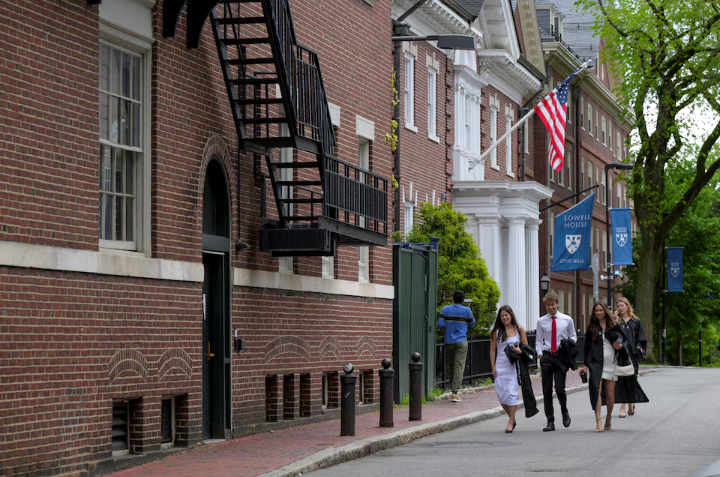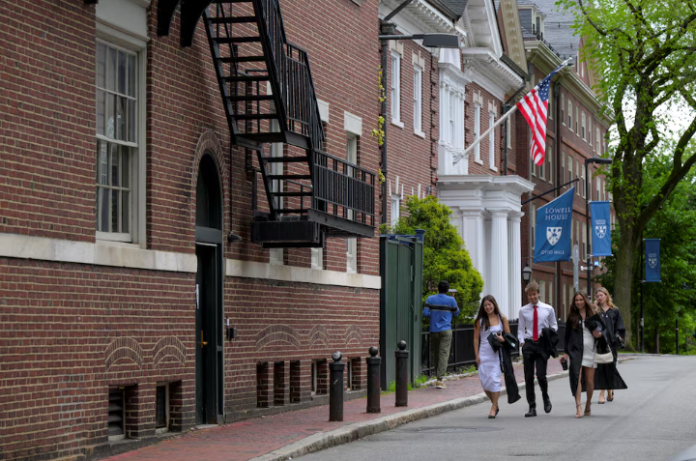For decades, Harvard University’s deep ties with China have been a source of prestige, influence, and generous donations. But now, those same connections are turning into a political storm — and the university finds itself in the crosshairs of the Trump administration.
On May 23, 2025, the U.S. government, under former President Donald Trump’s second term, made a stunning move to block Harvard from enrolling foreign students. The administration accused the institution of fostering antisemitism and collaborating with the Chinese Communist Party (CCP). This sweeping action could impact thousands, especially Chinese nationals who accounted for roughly 20% of Harvard’s foreign student body in 2024.
Harvard swiftly responded with a lawsuit, and a federal judge has temporarily halted the ban. The university argues that the move is not only unconstitutional — violating its free speech rights — but also politically motivated.
The backdrop to this dramatic clash is a longstanding concern among U.S. lawmakers, particularly Republicans, over Chinese influence on American campuses. Officials allege that China uses academic institutions like Harvard to gain access to advanced U.S. research, dodge national security regulations, and suppress criticism within the U.S.
One White House official claimed that Harvard has allowed CCP-backed harassment to occur on its campus unchecked. Meanwhile, Harvard maintains that its academic partnerships and research collaborations with China have always been transparent and beneficial to both sides.
However, questions have lingered. Harvard once offered public health training to officials from the Xinjiang Production and Construction Corps (XPCC), a Chinese paramilitary group sanctioned by the U.S. in 2020 for alleged human rights violations against Uyghur Muslims. Those trainings reportedly continued until at least 2024.
Then there’s the $350 million donation made in 2014 by Ronnie Chan — a Hong Kong billionaire and a member of the China-United States Exchange Foundation, which is registered under U.S. law as a foreign principal. This donation led to Harvard renaming its public health school after Chan’s father, sparking criticism over the influence such funds might carry.
Harvard has also been linked to controversial figures like former professor Charles Lieber, who was convicted in 2021 for lying about his financial ties to China while conducting federally funded research. Ironically, Lieber now holds a full-time professorship at a Chinese university.

While the Biden administration discontinued the Trump-era “China Initiative” — a controversial effort targeting Chinese espionage in academia — Trump has revived the pressure. In April 2025, the U.S. Department of Education demanded records of Harvard’s foreign donations, accusing the university of failing to disclose key financial details.
Critics of the administration’s harsh stance argue that national security concerns are valid, but targeting foreign students as a whole is misguided. Yaqiu Wang, a Chinese-American human rights expert, called the ban “completely counterproductive.”
“Spying and transnational repression are serious issues,” Wang noted, “but banning students — especially from Harvard, a global academic hub — does more harm than good.”
As the legal battle continues, Harvard’s reputation and its future as a global institution hang in the balance. The broader question now is whether elite American universities can navigate international partnerships without becoming pawns in geopolitical power struggles.



